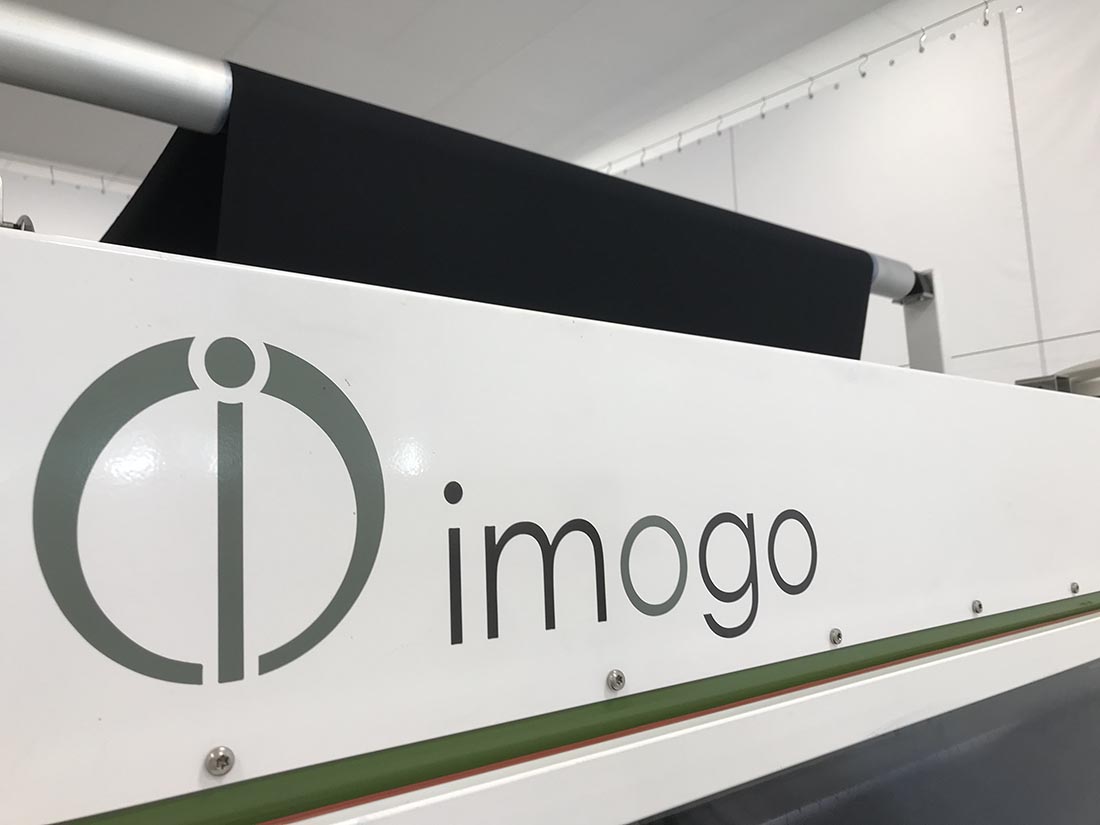In a roundtable discussion during the recent Innovate Textiles & Apparel (ITA) textile machinery exhibition, imogo Founding Partner Per Stenflo and representatives from a number of like-minded European companies discussed the opportunities for new spray application technologies for the dyeing and finishing sector.
imogo – one of the latest companies to join TMAS, the Swedish Textile Machinery Association – is one of the key pioneers in this area with its Dye-Max system.
Dye-Max spray dyeing technology can slash the use of fresh water, wastewater, energy and chemicals by as much as 90% compared to conventional jet dyeing systems. This is due to the extremely low liquor ratio of 0.3-0.8 litres per kilo of fabric and at the same time, considerably fewer auxiliary chemicals are required to start with.
Spray application technologies are a perfect illustration of how new digital technologies can lead to more sustainable production, in this case by replacing water-intensive processes with the highly precise and controlled application of dyes and chemistries as vapor.
An organic or recycled cotton t-shirt is not automatically more sustainable than a conventional cotton t-shirt, or even one made from synthetics – the alternative fibers are a good start but one has to consider the entire life cycle of a garment, and that includes the smart technologies in textiles production, such as imogo’s Dye-Max system.


